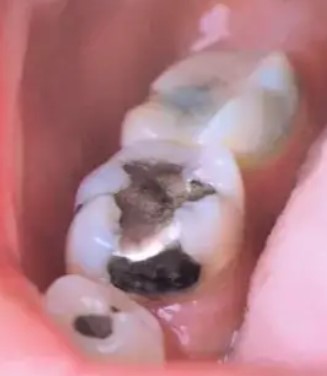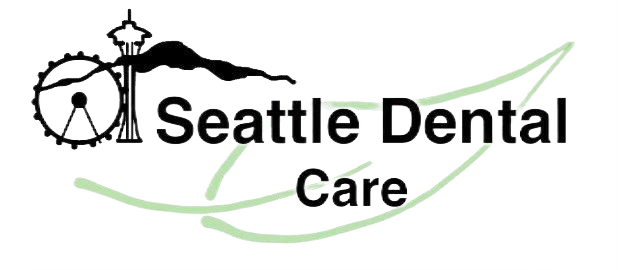- What is Dental Amalgam?
- Mercury as Neurotoxin
- Europe's Bold Step
- Implications for Patients
- Safely Remove Mercury Fillings with Biological Dentists

The European Union has announced a ban on dental amalgam starting in 2025. This decision marks a pivotal moment in dental care and reflects a broader commitment to reducing the use of mercury—a substance known for its harmful effects on both human health and the environment.
What is Dental Amalgam?
Dental amalgam, commonly known as silver fillings, has been used for over a century to restore decayed teeth. It is a mixture of metals, including mercury, silver, tin, and copper. While dental amalgam has been praised for its durability and cost-effectiveness, it has also been a source of controversy due to its mercury content.
Mercury as Neurotoxin
Mercury is a neurotoxin that can have serious health implications, particularly for pregnant women, young children, and individuals with compromised health. When amalgam fillings are placed or removed, or as they wear down over time, mercury vapor can be released. This poses a risk not only to the patient but also to dental professionals and the environment.
Europe's Bold Step
The European Union has been progressively phasing down the use of dental amalgam. In 2018, the EU introduced regulations to minimize its use in children, pregnant women, and breastfeeding mothers. The upcoming ban in 2025 is the culmination of these efforts, aiming to eliminate the use of mercury in dental care altogether.
Implications for Patients in Seattle, WA
1. Safe Alternatives: The ban will encourage the use of safer, mercury-free alternatives such as ceramic restorative materials that are mercury-free, metal-free, BPA-free, and fluoride-free. This alternative is not only safer but also offers aesthetic advantages, as they can be matched to the natural color of teeth. Ceramic restorative materials also offer higher strength and decreased shrinkage, reducing the possibility of secondary decay caused by open margins.
2. Increased Awareness: The ban will likely raise awareness about the potential risks associated with mercury in dental amalgam, prompting patients to seek more information about their dental treatment options.
3. Transition Period: Patients with existing amalgam fillings do not need to panic. The ban focuses on the placement of new amalgam fillings, and existing fillings can remain until they need to be replaced.
Safely Remove Mercury Fillings with Biological Dentists in Seattle, WA
1. Training and Education: Dental professionals will need to stay informed about the latest materials and techniques to ensure they can provide the best care using mercury-free alternatives.
2. Seeking Help with a Biological Dentist: Biological dentists are trained to replace mercury fillings safely without patients being exposed to the toxin during the removal. As each provider may be different, patients are advised to inquire about the details of the procedure prior to scheduling the removal of amalgam fillings.
3. Environmental Impact: The ban is a positive step towards reducing environmental pollution caused by mercury. Dentists will play a crucial role in managing the disposal of existing amalgam waste responsibly.
Europe’s ban on dental amalgam starting in 2025 is a landmark decision that underscores the importance of health and environmental safety. As the dental industry adapts to this change, patients can look forward to safer and more aesthetically pleasing treatment options that are toxin-free. This move also reflects a growing global awareness of the need to reduce mercury use and its harmful impacts, setting a precedent for other regions to follow.
The transition may come with its set of challenges, but it also presents an opportunity for innovation and improvement in dental care practices. Ultimately, this ban represents a significant step forward in ensuring a healthier future for both individuals and the planet.
To learn more about the dangers of mercury fillings, please visit the blog: Mercury Fillings Contributing to Antibiotic Resistant Bacteria.
At Seattle Dental Care in Seattle, WA, we focus on using safe, natural, biocompatible materials to promote a healthy smile and overall well-being. Our holistic dentists carefully evaluate each dental material to ensure they do not contain harmful or toxic substances to the body, prioritizing your whole body's health as our primary concern.
